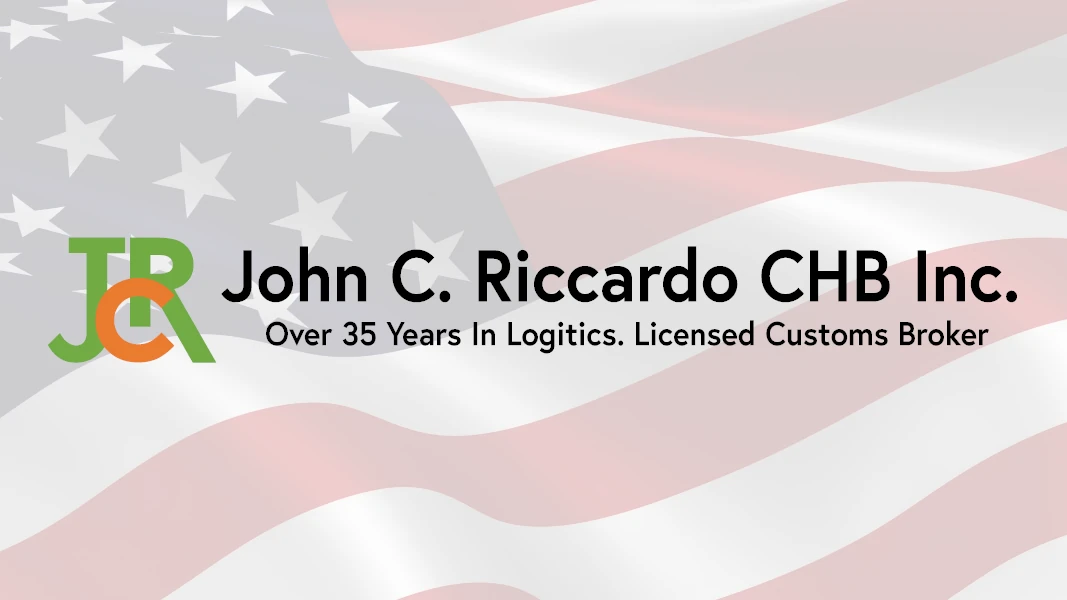
If you are not familiar with Assembly Bill 5 in CALIFORNIA, now is the time to familiarize yourself and your company what is in store come January 1st , 2020 for those of you who are working with OWNER OPERATORS.
Please note of the following:
- Assembly Bill 5 passed by California State Senate September 18, 2019 without an exemption for trucking
- A.B. 5 Legislation take affect January 1, 2020
- A.B. 5 will determine if a worker an independent contractor or employee
- A.B. 5 creates a presumption that a worker who performs services for a hirer is an employee for purposes of claims, wages and benefits under wage orders issued by Industrial Welfare Commission
- Existing law defines ‘employee’ for those purposes to include, among other individuals, any individual who under the usual common law rules applicable in determining the employer-employee relationship, has the status of ‘employee’
- A person providing labor or services for remuneration shall be considered an employee rather than an independent contractor unless the hiring entity demonstrates that the person is free from control and direction of the hiring entity in connection with performance of work
- Under the Independent Contractor (owner-operator) designation, drivers would have to obtain their own Operating Authority and the driver has complete AUTONOMY to refuse, accept, or negotiate price and terms on ANY load
- Either way, BCO’s should prepare for their relationship with trucking companies doing business in California to change in 2020
There are three options on the table at this time for companies and independent contractors/owner-operators. The options are as follows:
- Drayage companies continue with existing model until federal courts make a ruling (Q1 2020) and force a change
- Broker-carrier model. Drivers would have to obtain their own ‘costly’ Operating Authority to be considered independent contractors (see f. above
- Company owned trucks with employee drivers (ie: existing O’Neill Transportation model)
Trucking companies are either going to convert some or all drivers to employees with a company fleet, or drivers get their own permits, operating authority, own trucks with no fleet affiliation. This of course will take time and considerable front-end investment which will further impact drayage capacity and incremental costs.

